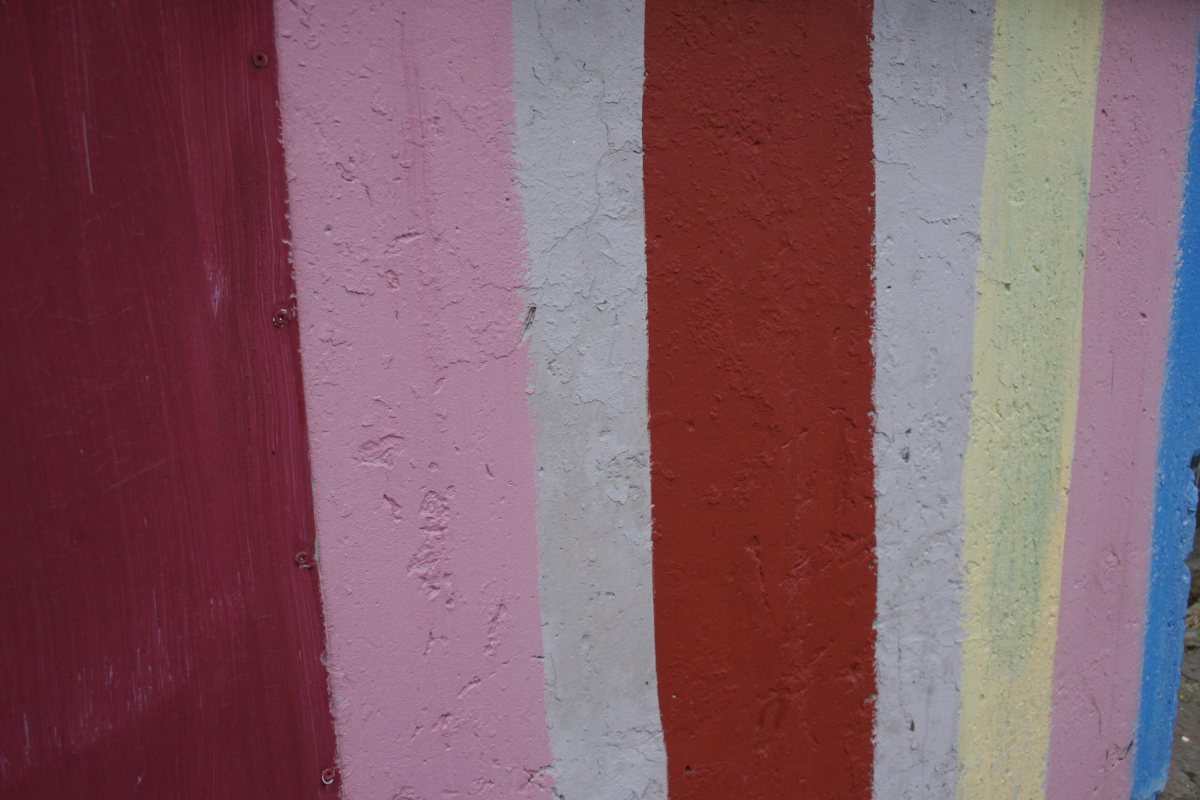To the Nordic Council of Ministers, for the session in Helsinki regarding the budget for 2023
We – the Nordic Council of Artists, representing over 90,000 professional artists from different art disciplines in all the Nordic countries – would like to raise our greatest concern considering the planned cuts in the budget for culture from the Nordic Council of ministers.
The main aim of our artist councils is to improve the social and economic situation for professional artists and to promote artistic freedom, not only at a national level, but also at a Nordic and European level. In the Nordic Council of Artists we have a long tradition of cooperating in issues of common interest, such as financial support to arts and culture at a Nordic level.
Professional artists in the Nordic countries have for many, many years had fragile conditions in terms of income and social security. This situation deteriorated – and was highlighted – during the pandemic. Even though the cultural life slowly has restarted in the Nordic countries, the cultural sector is still suffering and many skilled artistic professionals have left the sector. Those who are still there are struggling hard to sustain and to develop their artistic activities. In this context it is therefore fundamental that cultural exchange, networking and artistic collaborations at different international levels can be supported and developed.
Bearing this in mind it was devestating for us to hear about the proposed cuts in the Nordic cultural budget from the Nordic Council of Ministers of almost 25% from 2021 to 2024. This means about 120 million Swedish kronor less to culture in the Nordic countries, which is a lot of money in the cultural sector.
Already in October 2020 we protested against this proposal and for 2022 it led to that the cultural budget could be temporarily saved this year due to internal solutions. But, the cultural budget at Nordic level has to be restored and strengthened at a permanent basis from 2023 and onwards.
The cuts in question is a deviation from the very core of Nordic cultural cooperation, that originally – after the second World war – was created as a guarantee for peace. This is happening now in a time where Nordic and European countries are in the middle of a historic crisis and where the cultural exchange and cooperation is more important than ever.
Of course we are in favor of the council of ministers giving priority to climate and environmental support, which is a crucial issue for our future. But the support must also be financed from other sources than from the budget for culture. It is not reasonable to weaken the cohesive nature of culture, especially not in the Nordic cultural cooperation. Culture should instead be seen as part of the solution for climate and environment protection.
The planned cuts are threatening to destroy many projects for culture and education in the Nordic countries. The programs that will be affected promote mobility between the Nordic countries, strengthen the Nordic languages and increase the mutual knowledge and understanding of each others arts and culture, i. e. the Nordic week for literature and the Nordic festival for documentary films.
Instead of decreasing the cultural budget, the Nordic govenrments should give priority to programs for mobility and culture that are targeted both towards special focus groups and that reach out to a broad audience, to create sustainability in the Nordic countries. Nothing prevents other political sectors such as the environment and climate sector to be included in that effort. Culture must be regarded as a common prerequisite for Nordic cooperation in all areas of politics.
The Nordic cultural and artistic cooperation is unique in international comparison, and it is incredibly important that it can be maintained and developed. Nordic cooperation and exchange needs more resources, not less.
The Nordic council of ministers should therefore invest in both sustainable environment and sustainable arts and culture!
On behalf of the Nordic Council for Artists;
Karin Inde, chair of KLYS, the Swedish Council of Artists
Nis Römer, chair of the Danish Council of Artists
Erling Johanneson, chair of BIL, the Icelandic Council of Artists
Virpi Hämeen-Anttila, chair of Forum Artis, the Finnish Council of Artists
Heidi Marie Kriznik, head of the working committée of Kunstnernettverket – the Norwegian Artists Network
Karen Anne Buljo, chair person of the Sami Council of Artists
Foto: Silje Bergum Kinsten/norden.org
